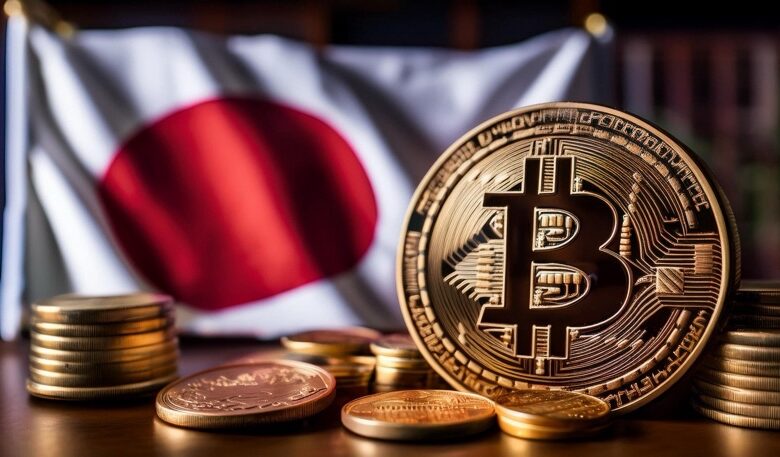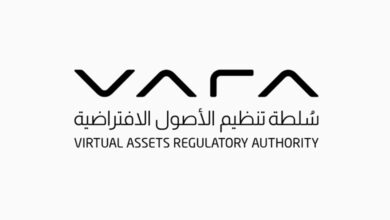A New Line of Defense: Japan Raises the Bar for Crypto Safety

Japan is stepping up its oversight of digital asset trading platforms, moving to require cryptocurrency exchanges to hold dedicated safety reserves designed to protect users from hacks, fraud, and operational failures.
The Financial Services Agency (FSA) is finalizing amendments to the Payment Services Act that would obligate exchanges to keep a portion of customer assets within Japan and maintain a liability buffer that can be tapped immediately if funds are lost or stolen. The measure follows updates to the Payment Services Law passed in June 2025 and comes amid renewed scrutiny of industry safeguards.
The accelerated timeline for implementing the rules was influenced by recent reports that Japan Digital Design Inc. (JDD) suffered internal system issues and brought in external security specialists, including Mitsui Knowledge Industry Co. The FSA also cited a string of high-profile breaches overseas as a catalyst for action.
Strongest Reform Since 2023
The requirement to establish a liability reserve marks Japan’s most significant crypto regulatory overhaul in two years. Once in force, customers should no longer face losses from security failures: the reserve, or insurance-like pool, will be used to fully cover incidents involving unauthorized withdrawals, hacking, or internal misconduct. Regulators aim for reimbursements to be processed swiftly, reducing the long delays that often follow major breaches.
Concerns over structural weaknesses in the crypto sector have grown since a large Japanese platform suffered a major security breach in 2024. Investigators found the vulnerability originated not with the exchange itself but with one of its outside service providers, a supply-chain failure that the FSA believes could happen again without stronger oversight.
To close these gaps, the agency wants all third-party custodians, wallet providers, and technology vendors working with exchanges to register and comply with Japan’s security standards. Only licensed entities will be permitted to handle client assets.
Officials have identified supply-chain risk—the idea that a single weak link in a partner firm can compromise an entire platform as a priority area. The updated rules aim to bring exchanges and their partners under a unified framework of technical, operational, and security requirements aligned with international best practices.
Industry groups, including the Japan Virtual and Crypto Assets Exchange Association (JVCEA), have already begun retraining internal auditors and updating their own risk controls to match the FSA’s tougher expectations. Regulators hope this coordinated push will restore market confidence and make the domestic crypto sector more resilient.
Toward Full Integration Into Japan’s Financial System
The new safeguards are part of a broader effort to fold digital assets more firmly into Japan’s financial architecture. The FSA is preparing recommendations that could reclassify certain cryptocurrencies as financial instruments tradable by banks, placing them under the same market conduct rules that govern equities and bonds.
A proposed revision to the Financial Instruments and Exchange Act would give specific tokens a new legal category and extend insider-trading rules to crypto, making the use of unpublished information in token trading explicitly illegal.
The agency is also fleshing out how it will supervise crypto lending, staking, and other activities that create credit exposure. These services, which allow users to lend or lock up their tokens in exchange for yields, can pose significant risks if a platform mishandles funds or collapses.
In a parallel discussion, policymakers are weighing whether to ease restrictions that currently limit banks’ involvement in the crypto sector. Large financial institutions could eventually be permitted to run trading platforms and hold digital assets on their balance sheets, subject to strict risk-management standards.
Japan’s push reflects a global shift toward treating crypto not as a fringe market but as a financial sector requiring full-scale regulation. With safety reserves, stricter oversight of service providers, and a potential reclassification of digital assets, authorities aim to make the industry both safer for users and more compatible with the traditional financial system.





